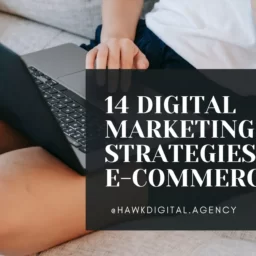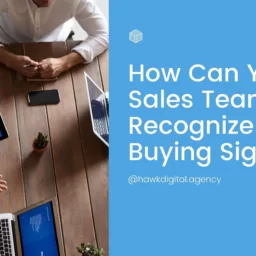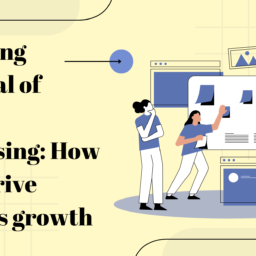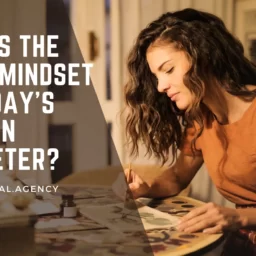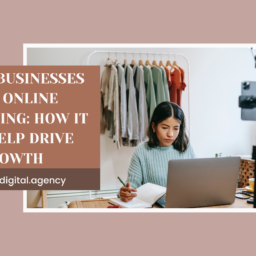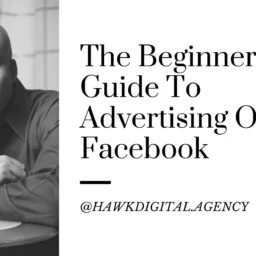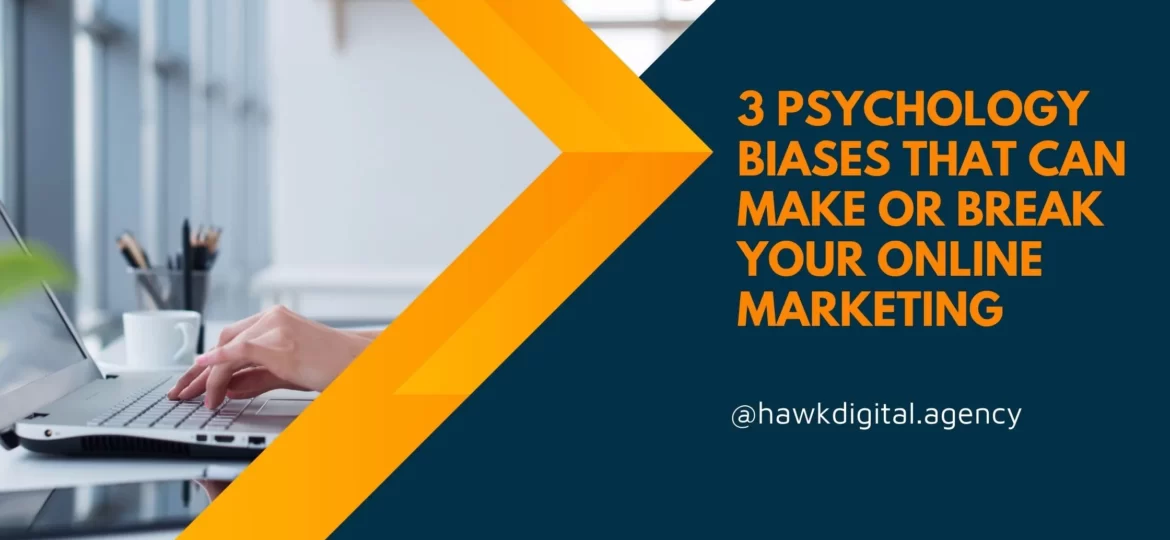
3 Psychology Biases That Can Make or Break Your Online Marketing
What is the exact decision process that happens in the minds of customers who click, buy, or share your products? According to The Advertisement Mind, neuromarketing is the root of making decisions. This blog gives you 3 Psychology Biases That Can Make or Break Your Online Marketing.
The way we respond to ads, products, or brands is driven by the subconscious mind and not the conscious. It decides ultimately all our buying decisions.
Marketers need to be aware of the main psychological traits that influence customer’s perception of brands, products, and advertising. Here are three unconscious psychological triggers that affect online marketing and offer solutions on how to leverage them.
The Halo Effect
An effect that influences our overall impression of a person or brand based on previous experiences we’ve had with them is known as the Halo Effect. It constitutes the main Psychology Bias that can make or break your online marketing.
When an initial impression of the brand or product is formed in the customers’ minds, all their future impressions can be influenced by it. It becomes a problem when the first impression is negative or not up to the mark. The first impression should be impressive and memorable for customers. Marketers should aim for such an experience and carry it throughout their sales funnel.
Solutions:
For a great perception of your brand, an endorsement from powerful influencers or celebrities can have a great impact.
A single product that is amazing can often influence the perception and sales of the rest of the products
Provide good customer service. If a customer calls for the first time make sure to be extra polite, friendly, knowledgeable, and helpful.
Give potential customers an insight into the brand, your office, and staff to build a pre-existing trust in them.
Belief Bias
When conclusions sound extreme, outrageous or unbelievable customers tend to immediately reject it. This is termed as belief bias. It might even happen when people are presented with logical statistics.
Even if you have an impressive claim on your landing page backed with logical facts and data, customers may just not believe it.
Solutions:
On many occasions, it may be better to sound realistic than back up your argument with more information.
Rather than highlighting statistics, try and use testimonials to back up your claims. Customers’ responses may be better to other people endorsing your product than the random numbers that they think are outrageous.
Customer reaction strongly influences their decision to purchase products. Appeal to customer emotions rather than trying to convince using pure logic.
The Framing Effect
People are more likely to take risks when an outcome is presented as a loss. They also tend to avoid the same risks, if the outcome is presented gain. This is known as the framing effect. The framing effect is one of the crucial 3 Psychology Biases That Can Make or Break Your Online Marketing
Marketers naturally tend to jump towards the benefits of the brand or product while creating marketing collateral or online advertising. However, try and frame the same depending on the target market, their desires, and subconscious fears. Try to switch things up by presenting it as an avoided loss rather than a direct gain.
Solutions:
Try giving your customers insight into how much they save by purchasing your product.
Call to actions or titles that are coined as a way to avoid pain or loss can be really effective.
Highlight the unique selling point of your products by subtly comparing it with the products of competitors.



